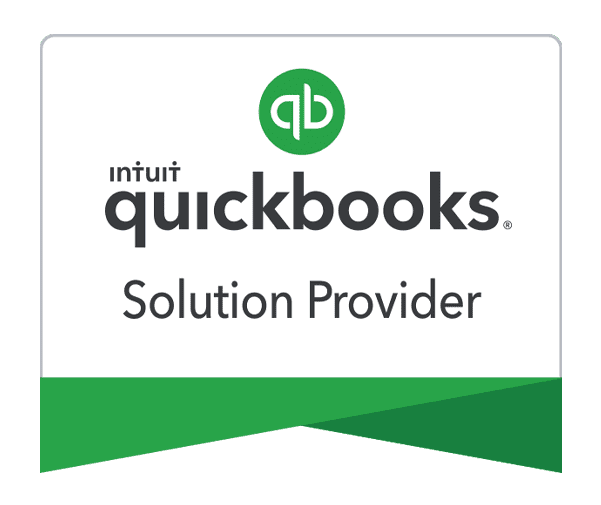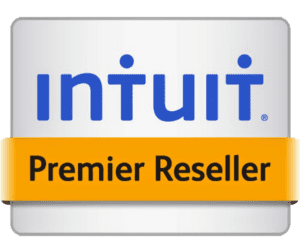
Paygration, Inc.
Managing recurring payments can be a daunting task for many businesses, especially those with a large customer base and a steady stream of monthly transactions. QuickBooks Enterprise, a powerful accounting software, offers a solution to simplify this process. By setting up recurring payments, businesses can automate billing, ensure timely payments, and improve cash flow management. But how exactly can you set up recurring payments in QuickBooks Enterprise?
Setting Up Recurring Payments in QuickBooks Enterprise
You can set up recurring payments in QuickBooks Enterprise using QuickBooks Payments. This feature allows businesses to automate their billing processes by creating recurring sales receipts for regular transactions. With QuickBooks Payments, you can schedule payments to be automatically charged to your customers’ credit cards or bank accounts, ensuring that your cash flow remains consistent and predictable.
How It Works
To set up recurring payments in QuickBooks Enterprise, you need to create a recurring sales receipt for each customer. This can be done by selecting the customer, specifying the amount, and setting the frequency of the payment (e.g., weekly, monthly). QuickBooks Payments will then automatically process these payments according to the schedule, and the transactions will be recorded in your QuickBooks account, keeping your records up-to-date and accurate.
Benefits of Recurring Payments in QuickBooks Enterprise
Improved Cash Flow Management
Recurring payments help businesses maintain a steady cash flow by ensuring that payments are received on time, every time. This predictability is crucial for managing day-to-day operations and planning for future growth.
By automating payments, businesses can avoid the common cash flow pitfalls associated with late payments and manual billing processes. This stability allows for better financial planning and reduces the risk of cash flow shortages that can disrupt operations.
Enhanced Efficiency and Time Savings
Automating recurring payments significantly reduces the time spent on manual billing and payment collection. This frees up valuable time for your team to focus on more strategic tasks, such as business development and customer service.
Efficiency gains from automating payments also translate into cost savings. By minimizing the administrative burden, businesses can allocate resources more effectively and reduce the likelihood of errors associated with manual data entry.
Increased Customer Satisfaction
Customers appreciate the convenience of automated payments, as it eliminates the need for them to remember due dates and manually initiate transactions. This seamless experience can enhance customer satisfaction and loyalty.
Additionally, recurring payments reduce the likelihood of missed or late payments, which can lead to service disruptions or late fees. By providing a hassle-free payment option, businesses can strengthen their relationships with customers and improve retention rates.
Reduced Risk of Late Payments
Late payments can have a significant impact on a business’s financial health. By setting up recurring payments, businesses can reduce the risk of late or missed payments, ensuring that revenue is collected on time.
This reliability not only improves cash flow but also enhances financial stability. Businesses can better predict their income, which aids in budgeting and financial forecasting, leading to more informed decision-making.
Simplified Accounting and Reporting
Recurring payments are automatically recorded in QuickBooks Enterprise, simplifying the accounting process. This ensures that financial records are accurate and up-to-date, making it easier to generate reports and analyze financial performance.
Accurate and timely financial data is essential for effective management. With automated recurring payments, businesses can maintain clean financial records, streamline reconciliation processes, and improve overall financial oversight.
Customizable Payment Schedules
QuickBooks Enterprise allows businesses to customize payment schedules to meet the specific needs of their customers. Whether it’s weekly, bi-weekly, or monthly payments, the flexibility to set different schedules ensures that payment plans can accommodate various customer preferences.
This customization enhances the customer experience by offering tailored payment solutions. It also helps businesses manage their cash flow more effectively by aligning payment schedules with their financial needs.
Enhanced Security and Compliance
QuickBooks Payments ensures that recurring payments are processed securely, with advanced encryption and compliance with industry standards. This reduces the risk of fraud and ensures that sensitive payment information is protected.
By maintaining high security standards, businesses can build trust with their customers, who can feel confident that their payment information is handled safely. This trust is crucial for maintaining long-term customer relationships and protecting your business’s reputation.
Conclusion
Setting up recurring payments in QuickBooks Enterprise offers a host of benefits, from improved cash flow management and enhanced efficiency to increased customer satisfaction and simplified accounting. By leveraging QuickBooks Payments, businesses can automate their billing processes, reduce the risk of late payments, and provide a seamless experience for their customers.
If you are ready to enjoy the benefits of QuickBooks Payments for QuickBooks Enterprise, Paygration is here to help. We offer setup services, free consultations, and ongoing support to ensure you get the most out of your QuickBooks Enterprise investment. Get started today by calling us at 866-949-7267.
















